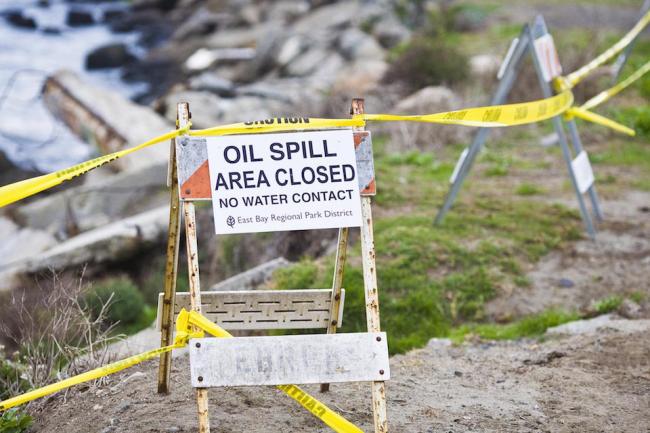Articles Menu

It’s hard to imagine a block of chemical plants mere kilometres from the University of Toronto campus or near our homes. And yet, about a three-hour drive away, Aamjiwnaang First Nation is surrounded on three sides by
Canada’s largest concentration of petrochemical refineries.
While our provincial government is beginning to mitigate environmental damage and cleanup efforts are taking place, chemicals are still being passed down from generation to generation in Aamjiwnaang First Nation. In fact, many Indigenous communities bear the brunt of the environmental degradation left by economic activity. Pollution from gold mines, for example, remains a significant problem for Northern Ontario reserves as many First Nations deal with widespread poverty.
The prevalence of third world living conditions across First Nations signals a failure within our democracy. This is because environmental racism impedes economic development on reserves, and silences Indigenous voices. In turn, this is facilitated by our ignorance and sanctioned by our apathy; there exists an imperative to cement Indigenous issues in public discourse vis-à-vis growing environmental threats.
Dave Mowat, community consultation specialist of the Mississaugas of Scugog Island First Nation, recalls that substantial environmental damage emerged when First Nations lost power over their lands through the Indian Act. As Indigenous communities were relocated to substandard housing areas and lost the authority to constrain the exploitation of their lands, Mowat explains, settlers dumped detergents into fishing rivers, altered the landscape by damming rivers, and destroyed spawning beds and degraded soils through lumbering. Poor septic infastructure also rendered water undrinkable.
Just as environmental degradation, assimilation attempts, and forced relocation undermined Indigenous food security and lifestyles in the past, infringement of Indigenous and treaty rights by federal and provincial legislation continues in the present.